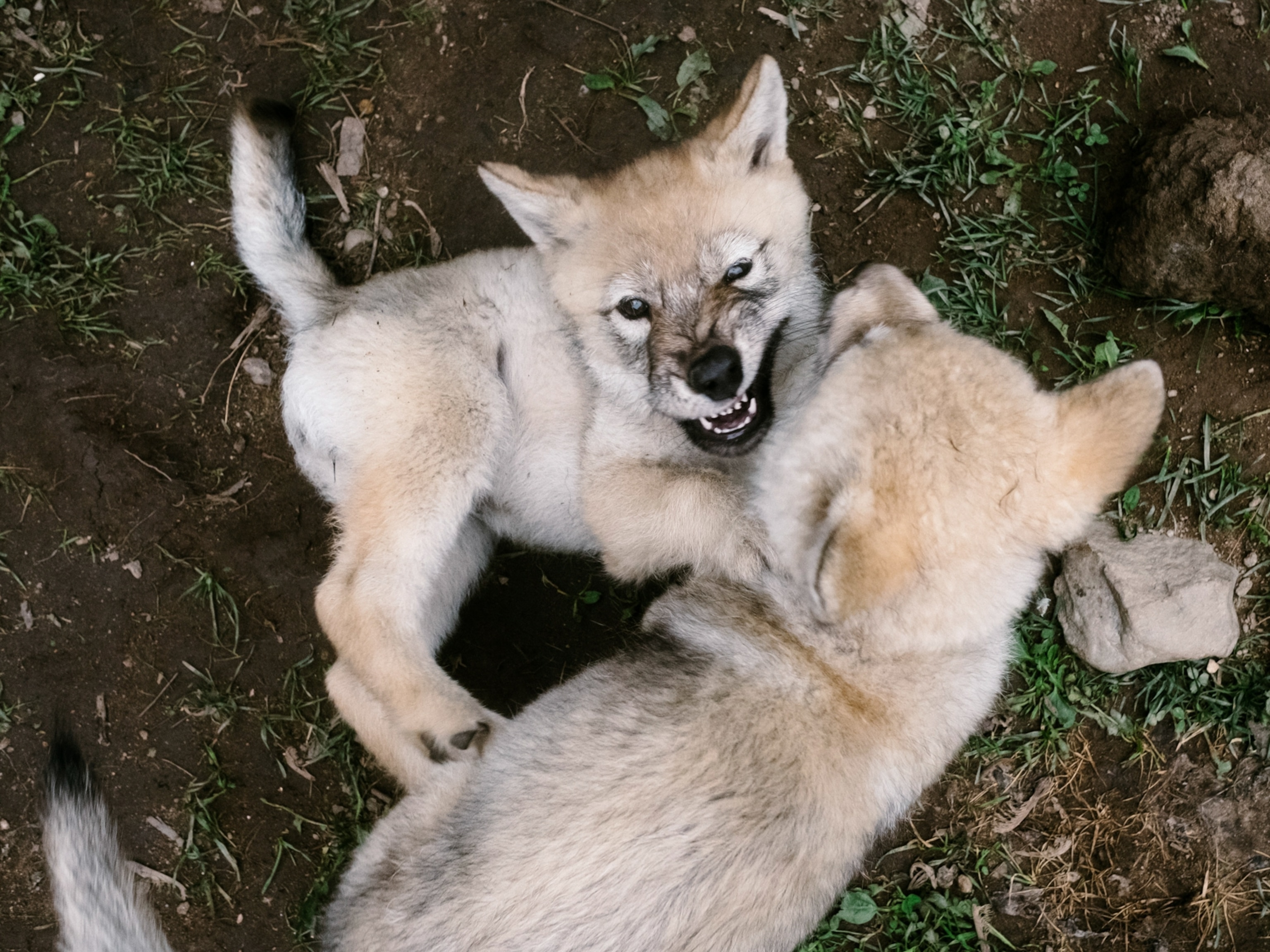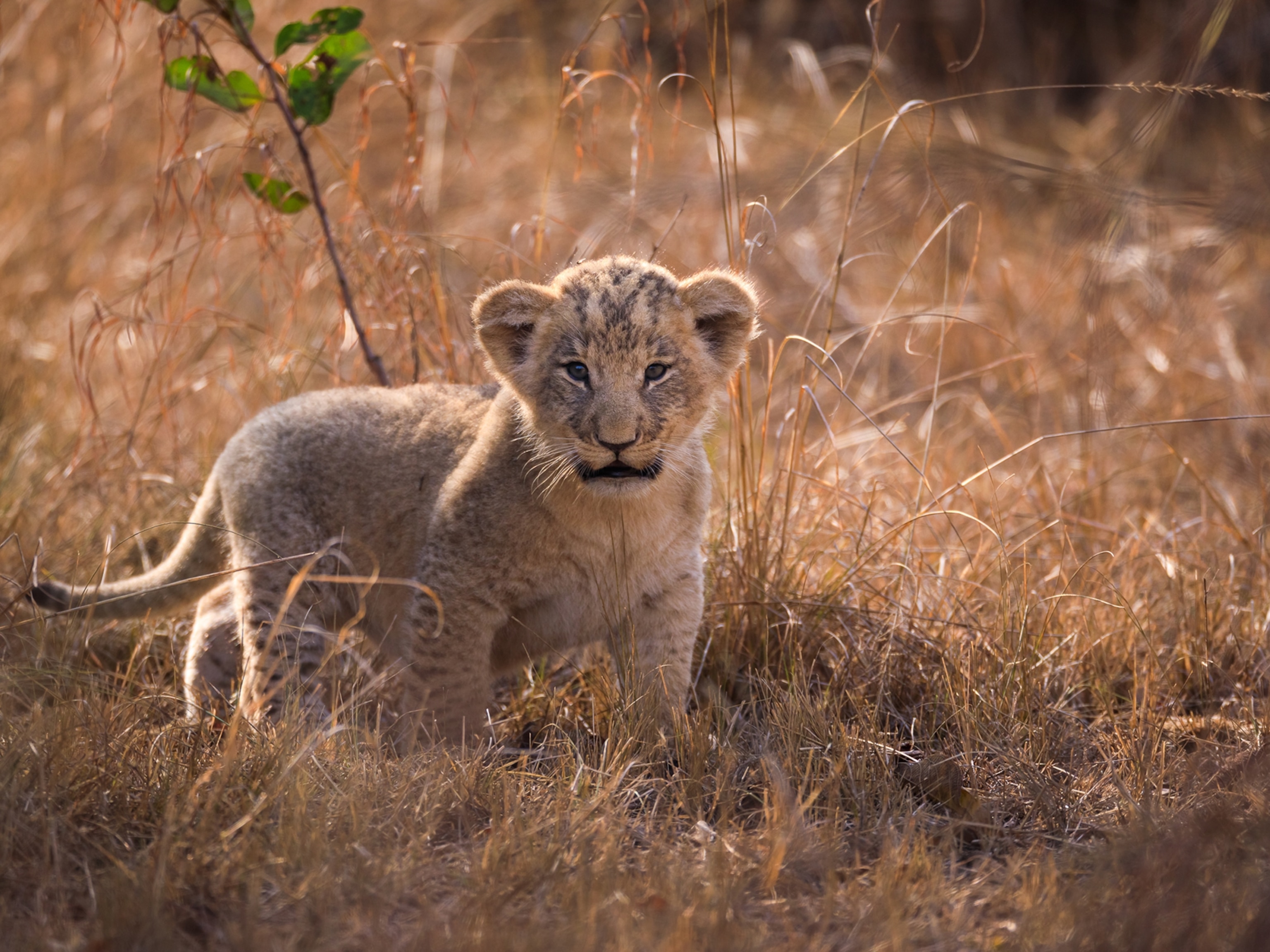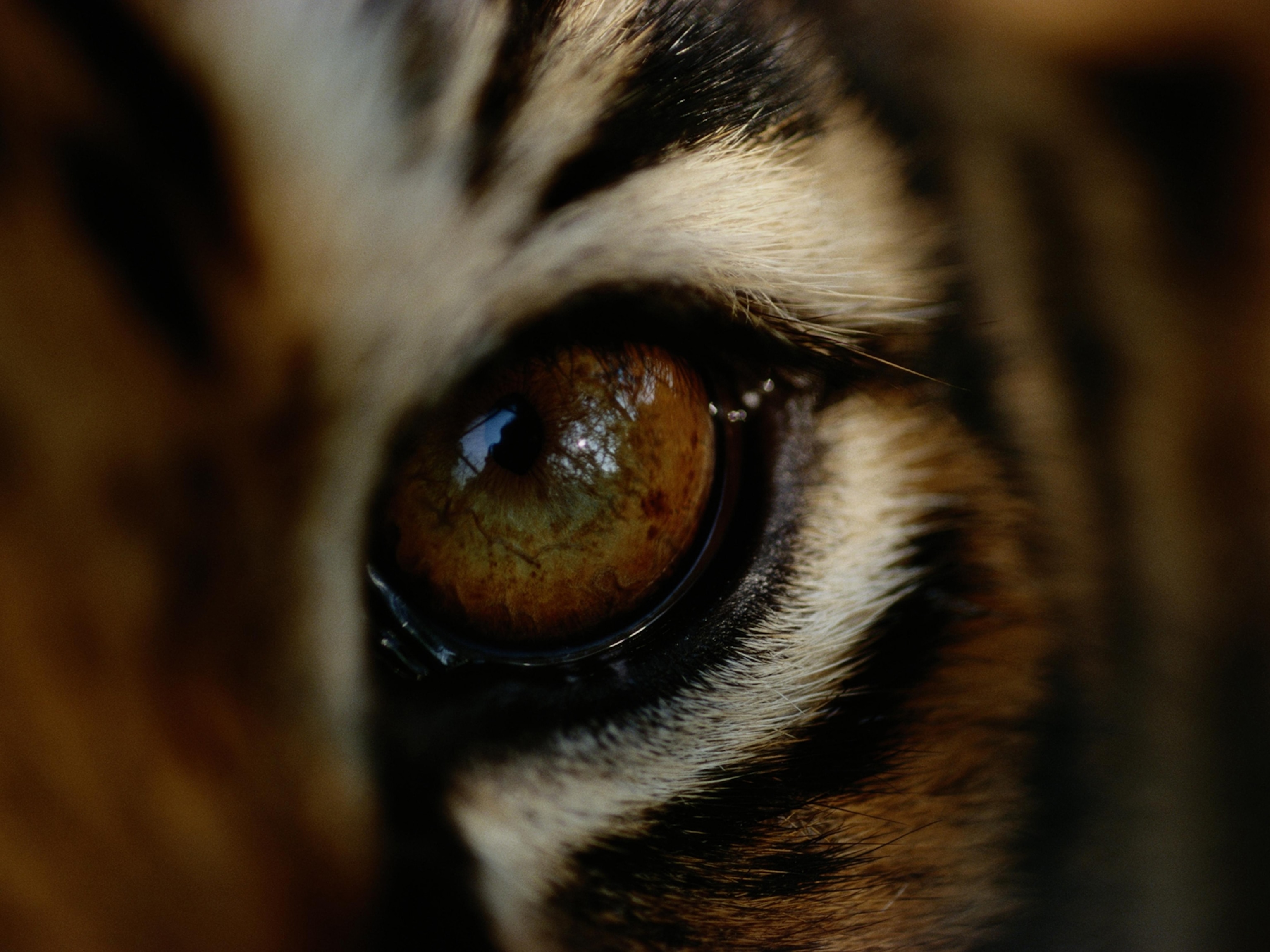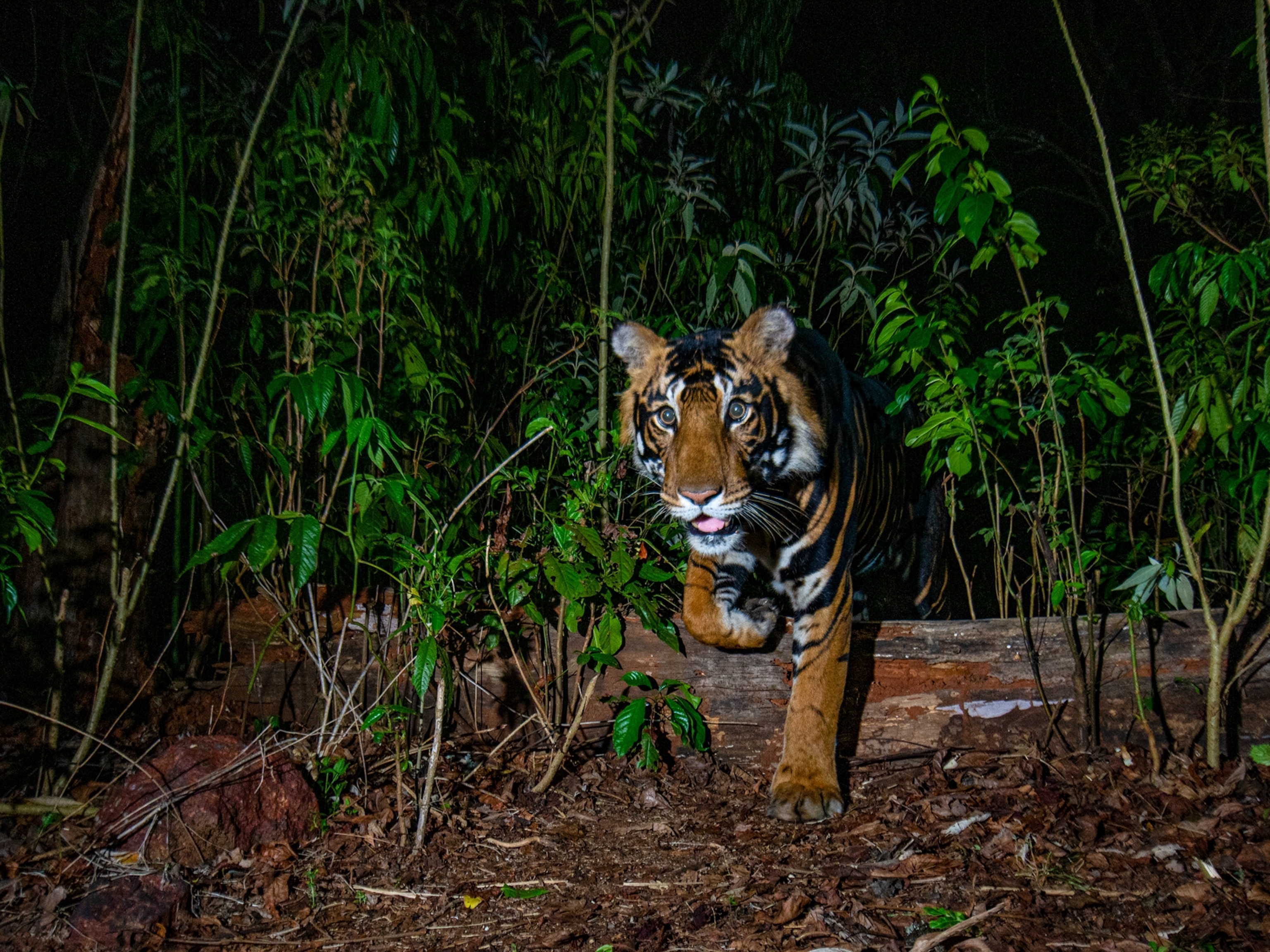See the Last Footage of Rare Tree-Climbing Lions
National Geographic explorer Alexander Braczkowski spent six months following a pride of tree-climbing lions before they were poisoned.
“There are no villains in this story.” That’s what National Geographic Explorer Alex Braczkowski told me when we sat down for a quick chat on Tuesday.
Braczkowski said he was devastated by the news that eight of the lion cubs he had been filming for the past six months were killed in a poison attack last week in Uganda. These lions of Queen Elizabeth National Park had become quite famous for their rare behavior of climbing candelabra trees. On April 10th, 11 of them were found dead, from an apparent aldicarb (an insecticide) poison attack. Braczkowski has been filming the lions for a special to air on Nat Geo WILD.
Braczkowski was giving a presentation at a media conference in Las Vegas when he received a text message bearing the news. He immediately started to cry. He was deeply attached to the lions after filming them for months. Yet he says he forgives those who poisoned them.
Braczkowski noted that Uganda’s population is growing at an exponential rate, to a projected 125 million people in the next 35 years (it’s at 37 million today). With such a population boom, and a scarce job market, the country faces widespread poverty. Many people only make 2 dollars a day.
“If one or two cows is all your family has, you’d probably also poison those lions because they’re your entire livelihood,” Braczkowski said. “They’re your entire existence.”
To try to address the wider issues behind such killings, Braczkowski has started a GoFundMe page. He hopes to raise money to start a fund to compensate villagers for loss of their livestock by predators. That way, if a lion kills someone’s cattle, they will be less likely to retaliate against the cats with poison or another means. Think of it as cattle insurance for lion attacks, said Braczkowski.
Braczkowski hopes to also raise money for additional resources for tracking and studying the lions, to better understand their movements and behaviors. Over time, he hopes to help lions and villagers better coexist. (Learn more about efforts to reduce human-wildlife conflict.
Correction: This article has been updated to correctly note Uganda's population.




